“Instead, we will redirect investment into public infrastructure,education , health care and jobs, thereby significantly improving the lives of millions of people,” President Tinubu added.
It is a drastic move for a country where cheap gasoline has been a lifeline for millions of struggling Nigerians for decades. The government has tried several times to scrap fuel subsidies before, with the last attempt made in 2012, but the proposal sparked nationwide protests. Angry protests, dubbed “Occupy Nigeria,” have raged for weeks after President Goodluck Jonathan attempted to end the subsidies.
Immediately after President Tinubu's announcement, people immediately lined up outside petrol stations, with the mentality of stocking up on fuel before petrol prices increase.
President Tinubu's office later issued a statement confirming that the price support would end on June 30, but this did not stop some petrol stations from selling petrol at higher prices.
State oil company Nigerian National Petroleum Corporation (NNPC) confirmed on May 30 that retail fuel prices had been adjusted but did not disclose specific new prices.
The company explained this reflects “current market realities,” adding that it should be noted that prices will continue to fluctuate to reflect market dynamics.
At NNPC retail stations in the capital Abuja, petrol prices have been adjusted from 195 Naira per litre to 537 Naira, almost three times the old price.
The decision to end fuel subsidies is part of a larger government effort to deregulate the oil industry.
Fuel subsidies have drained public finances and many argue they have led to widespread abuse and corruption.
Despite longstanding calls to end the subsidy, the Nigeria Labour Congress (NLC), an umbrella body for unions, said it was still unhappy with Mr Tinubu's decision and demanded the leader reverse the decision immediately.
“With his insensitive decision, President Tinubu on his inauguration day brought tears and sadness to millions of Nigerians instead of hope,” group leader Joe Ajaero said in a statement.
Analyst Sam Amadi, Director of the Institute for Political and Social Thought Abuja, said the new policy of the Nigerian government will cause more hardship for the people of this country, especially when they are already struggling with soaring inflation and high cost of living.
“Transportation costs will increase by more than 200%. More people will fall into poverty, and unrest and violent crime could increase, damaging the prospects for a stronger economic recovery,” Amadi said.
While Amadi knows that fuel subsidies are unsustainable, ending them “abruptly” without considering the economic and social consequences is a “reckless” move.
Despite being an oil-producing country, Nigeria lacks refining capacity and spends billions of dollars on importing refined petroleum products every year.
Nigeria is also struggling with rising government debt, unprecedented inflation, high unemployment and heavy dependence on dwindling oil revenues.
Source link


![[Photo] Prime Minister Pham Minh Chinh receives a bipartisan delegation of US House of Representatives](https://vphoto.vietnam.vn/thumb/1200x675/vietnam/resource/IMAGE/2025/5/28/468e61546b664d3f98dc75f6a3c2c880)

![[Photo] 12th grade students say goodbye at the closing ceremony, preparing to embark on a new journey](https://vphoto.vietnam.vn/thumb/1200x675/vietnam/resource/IMAGE/2025/5/28/42ac3d300d214e7b8db4a03feeed3f6a)
![[Photo] General Secretary To Lam works with the Central Policy and Strategy Committee](https://vphoto.vietnam.vn/thumb/1200x675/vietnam/resource/IMAGE/2025/5/28/7b31a656d8a148d4b7e7ca66463a6894)
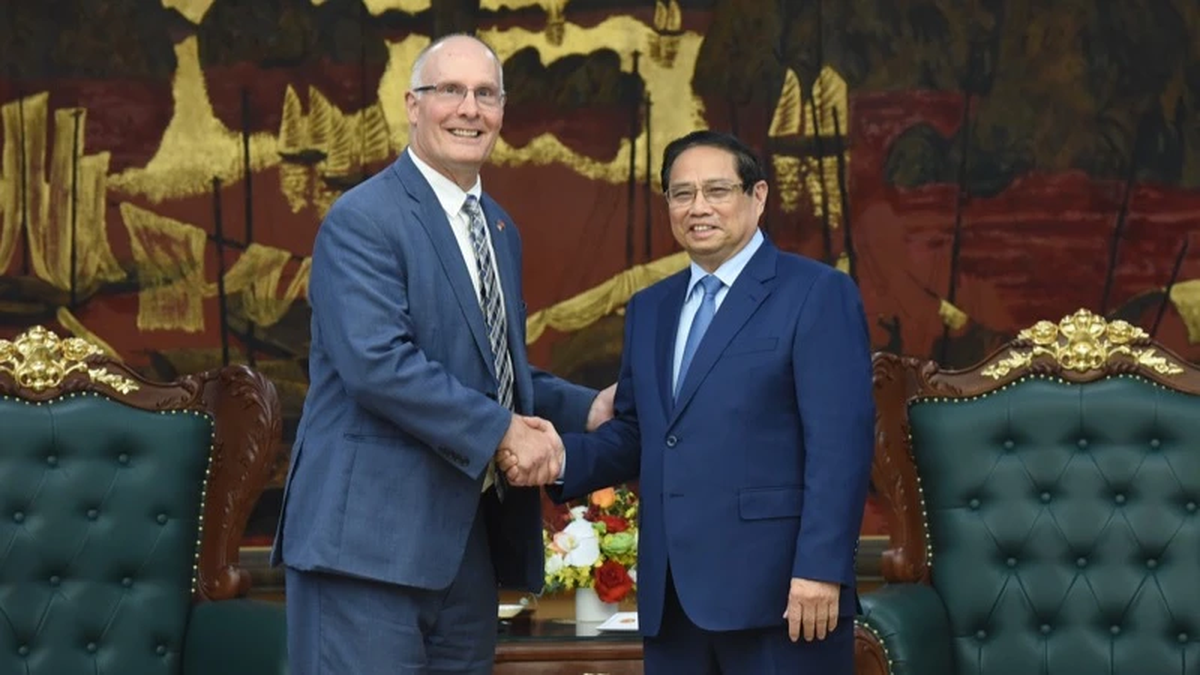
![[Photo] Vietnamese and Hungarian leaders attend the opening of the exhibition by photographer Bozoky Dezso](https://vphoto.vietnam.vn/thumb/1200x675/vietnam/resource/IMAGE/2025/5/28/b478be84f13042aebc74e077c4756e4b)



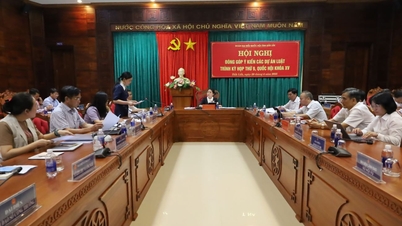




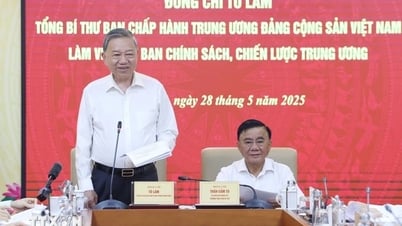
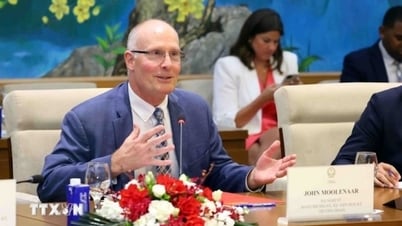
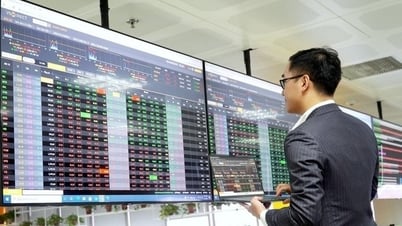




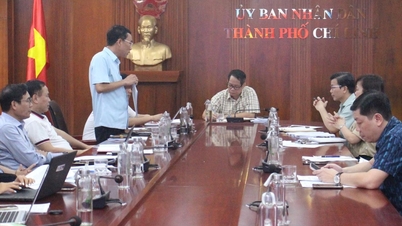
















































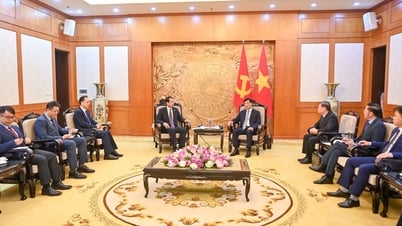




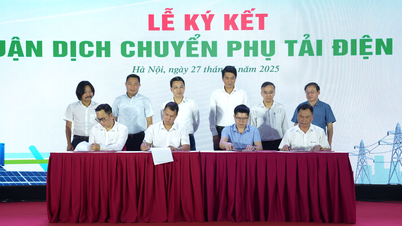
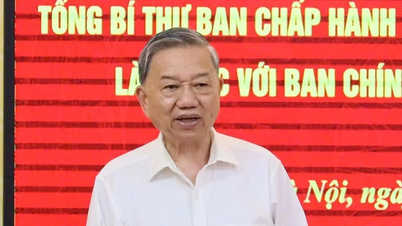

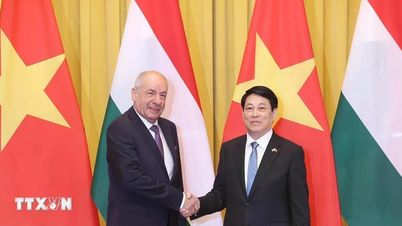


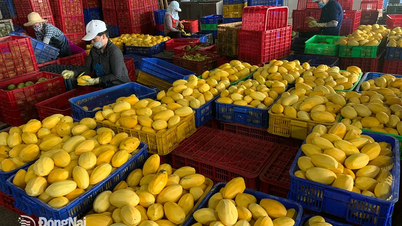

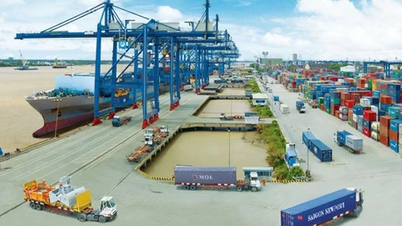








Comment (0)